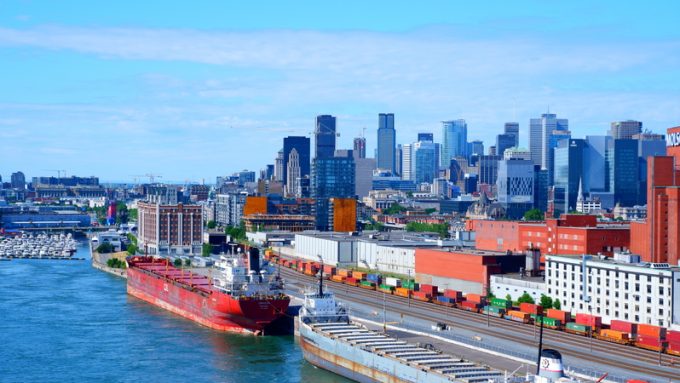Unions renew call for industrial action at France’s biggest box port
Docker and port worker unions at France’s biggest container port, Le Havre, have begun a ...

The port of Montreal appears to be on course for another flare-up in the confrontation between management and labour.
The past few days have seen an escalation in the conflict, increasing shipper fears of another crippling slowdown in operations.
Tension was already building when the seven-month truce, after last summer’s strike, ended in late March, with both sides accusing each other of negotiating in bad faith.
And in a vote a week before the end of the armistice, dockworkers voted overwhelmingly to reject ...
Volcanic disruption at Anchorage could hit transpacific airfreight operations
Macron calls for ‘suspension’ – CMA CGM's $20bn US investment in doubt
Forwarders stay cool as US 'liberation day' tariffs threaten 'global trade war'
Shippers snap up airfreight capacity to US ahead of tariff deadline
De minimis exemption on shipments from China to the US will end in May
Tighter EU import requirements proving 'a challenge' for forwarders
Looming Trump tariffs will create 'a bureaucratic monster' for Customs

Comment on this article